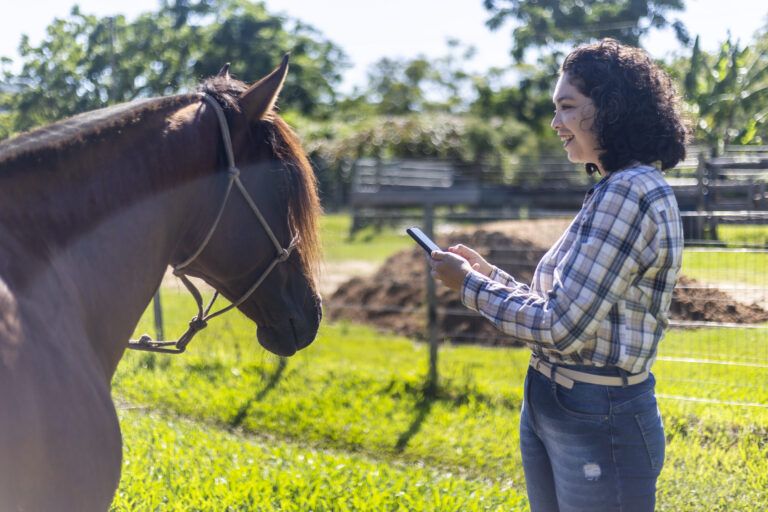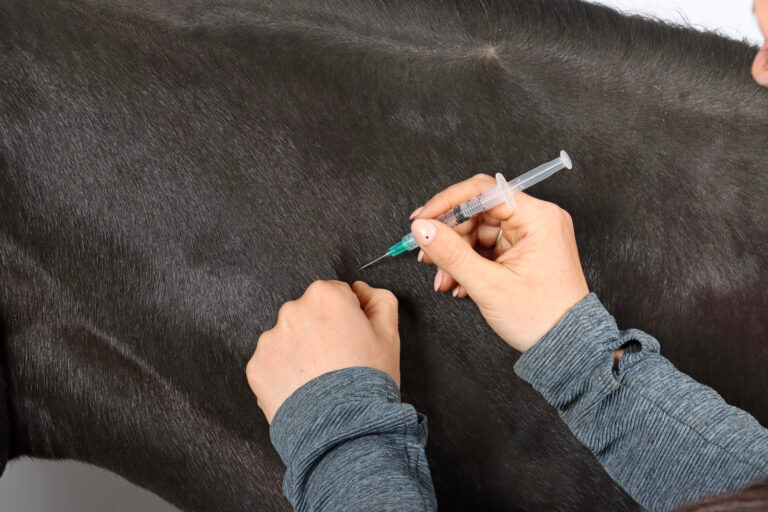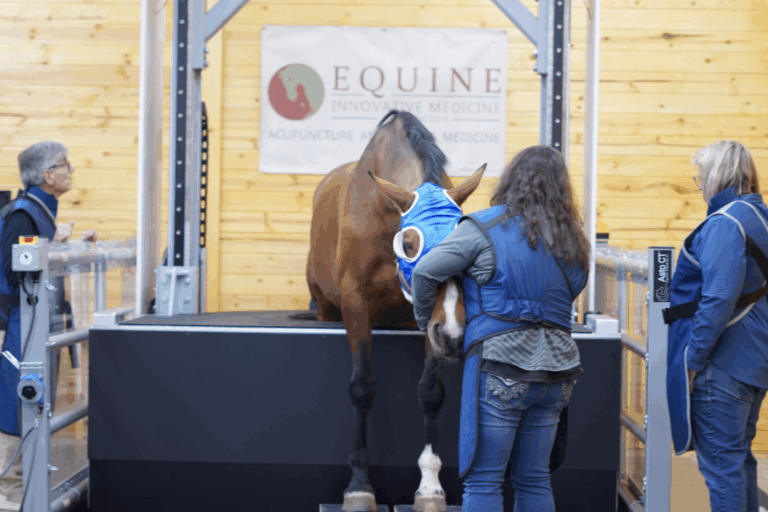
Skin allergies in horses are frustrating to owners and veterinarians, and they cause great discomfort to horses. Insect bite hypersensitivity (IBH, aka summer eczema or sweet itch) is a reaction to salivary proteins of Culicoides sp. The gnat bites generate a profound pruritic reaction. Horses rub their manes, tails and abdomens so extremely as to cause significant skin damage and open wounds. Management is the primary measure of control to date: Remove horses from breeding sites of Culicoides; stable horses during prime insect feeding times; and use insect repellents and custom fly sheets. Medications that mitigate the allergic response include corticosteroids and antihistamines.
Potential Solutions for Insect Bite Hypersensitivity
The allergic response to gnat saliva relies on activation of eosinophils. An effort to develop a therapy is based on antibodies that target equine interleukin-5 (IL-5), which activates and regulates eosinophils. An in vitro study has looked into this as a possible solution to this seasonal disease [Langreder, N.; Schackermann, D.; Meier, D.; et al. Development of an inhibiting antibody against equine interleukin 5 to treat insect bite hypersensitivity of horses. Research Square Nov 2022; doi.org/10.21203/rs.3.rs-2234317/v1].
Active Vaccine
An earlier study of an active vaccine that contains interleukin linked to a virus-like particle (VLP) is reported to generate neutralizing antibodies. Data from that study reported a strong clinical benefit from decreased circulating eosinophils after two years of treatment [Fettelschoss-Gabriel, A.; Fettelschoss, V.; Olomski, F.; et al. Active vaccination against interleukin-5 as long-term treatment for insect-bite hypersensitivity in horses. Allergy 2019, vol. 74, pp. 572-582].
Researchers in the current in vitro study have concerns of potential unwanted consequences from an active vaccine. They noted that IL-5 is integral to immune responses against internal parasites, viruses and bacteria. Active vaccination has the potential to interfere with protection against invading pathogens. Researchers also noted that active vaccination has the potential to enhance the allergic reaction through greater immune cell recruitment.
Passive Vaccine
To optimize prevention, the researchers propose a more passive vaccination based on neutralizing monoclonal antibodies. The response of immunoglobulin G to the vaccine has a half-life of 21 days, so a horse would need administration multiple times over the course of a season. The researchers suggested that a passive vaccine enables better and more fine-tuned control that can be stopped and started as needed. The goal of the study is to “reduce the allergic reaction by selecting an inhibiting antibody without effector function that prevents the binding of eq-IL5 to its receptor.”
The team has isolated a promising therapeutic antibody that fulfills their criteria for inhibition efficacy, stability and specificity without compromising or amplifying the immune system. Further studies will test this on live horses suffering from insect bite hypersensitivity.


![[Aggregator] Downloaded image for imported item #18383](https://s3.amazonaws.com/wp-s3-equimanagement.com/wp-content/uploads/2025/09/30141253/EDCC-Unbranded-29-scaled-1-768x512.jpeg)

